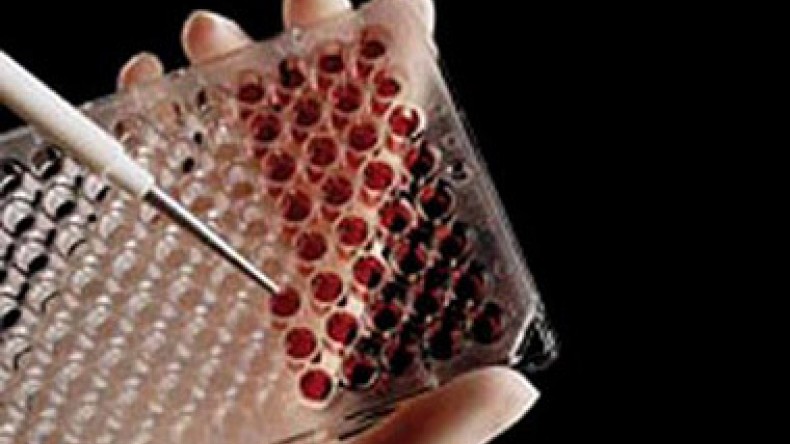
Experimental drug could be AIDS 'vaccine' breakthrough
After 30 years of research failed to produce an effective treatment for HIV, scientists have created an experimental drug they say may function as a sort of "alternative" vaccine for the virus that causes AIDS, Sputnik reported.
The experimental drug, a protein known as eCD4-IG, blocks infection by keeping the virus from binding to the immune cells.
In trials with monkeys, the drug “candidate” proved to be extremely effective at blocking infection – even with the most harmful strains of HIV.
"Our compound is the broadest and most potent entry inhibitor described so far," Dr. Michael Farzan, a professor at the Scripps Research Institute in Florida and lead researcher for the study, said in a statement. "Unlike antibodies, which fail to neutralize a large fraction of HIV-1 strains, our protein has been effective against all strains tested."
Dr. Philip Johnson, a University of Pennsylvania researcher who was not involved in the research, applauded Farzan’s research and shared in his optimism for the drug’s success.
"What Mike [Farzan] has done very ingeniously is to develop a molecule that attacks HIV in two different spots… that is able to neutralize most if not all strains of HIV," Dr. Johnson told Newsweek.
Dr. David Baltimore, a Nobel Prize-winning virologist at Caltech in California called the research "impressive," but also sounded a note of caution.
"It's perhaps a better construct than the antibodies we've been using, but it's a matter of how it plays out in human trials," he told Science magazine. "I don't think it's easy to tell how that will happen."
Human trials of the experimental drug could begin within a year, Farzan told the Wall Street Journal.
Newsfeed
Videos






























